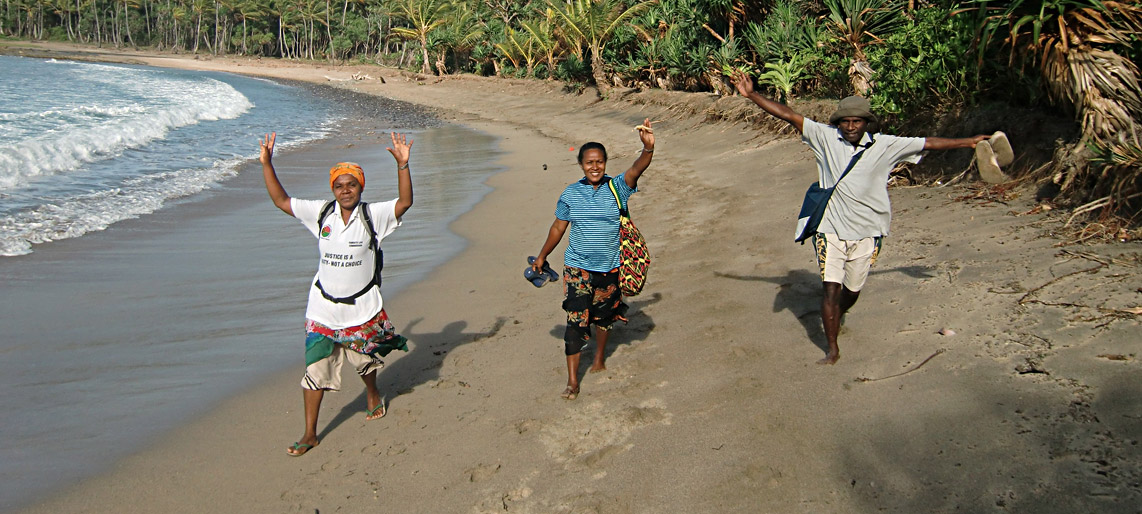When looking at the social and health related issues in the Pacific Islands, the need for community development initiatives and applied research is critical. From a social perspective, the Pacific population suffers from one of the highest rates of domestic violence and suicide in the world. From a health perspective, the region has experienced a major shift in disease burden: life-threatening non-communicable diseases (NCDs) have overtaken communicable diseases as a key risk area. NCDs include diabetes, cardiovascular diseases, different types of cancer and depression. Overall, the NCD risk rate in the Pacific is among the highest in the world.
Project
In cooperation with the World Health Organization (WHO),S4D sought to understand – within local, cultural and social structures – opportunities for sustainable physical activity programs. Our team conducted health-screenings and investigated existing healthy lifestyle campaigns in the Pacific Islands of Tuvalu, Kiribati and Tonga.
Research
We conducted primary research work including NCD Mini Step screenings; the assessment of existing physical activity programs; and formative work investigating challenges and opportunities for health development.
Outcomes
- NCD screenings revealed high NCD risk factors: 68.0% and 70.9% of male and female screened individuals were identified as obese in Tonga, Tuvalu and Kiribati. Severe co-morbidities prevail.
- Our findings indicated the existence of several physical activity programs in each country. Major challenges include sustainability issues and funding options. On-site practitioners are often highly motivated, but financial support and a lack of appropriate facilities and equipment hinder continuous program improvement.
- Specific healthy lifestyle recommendations for all four countries were provided.
Outlook
S4D is planning on extending existing research across the Pacific Islands to allow for cross-comparison and the identification of best practice health solutions.
Gallery


